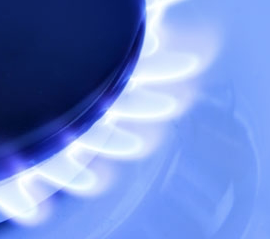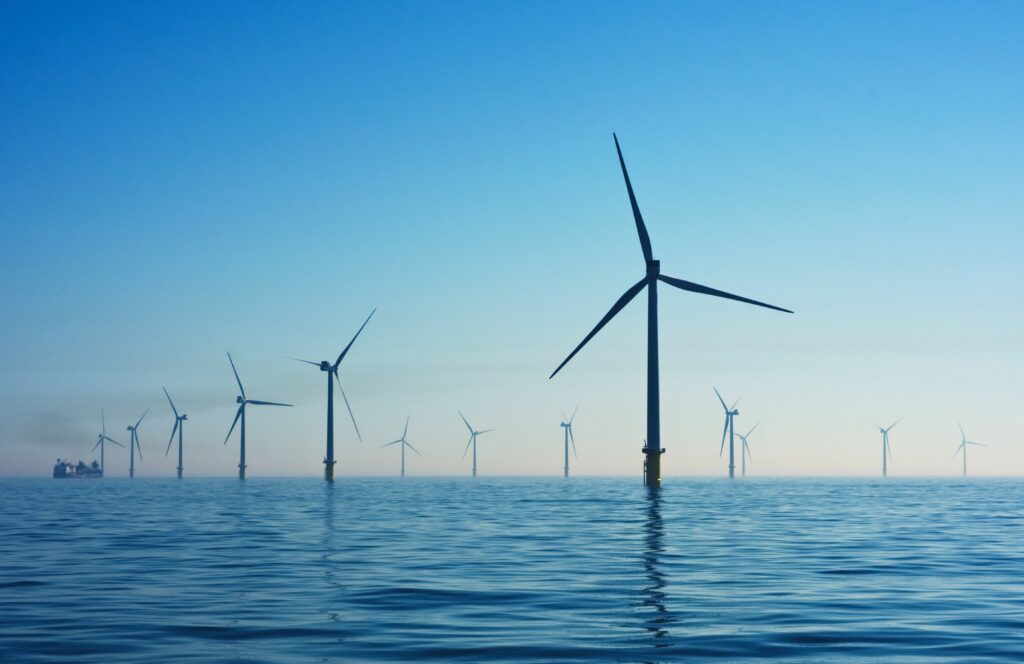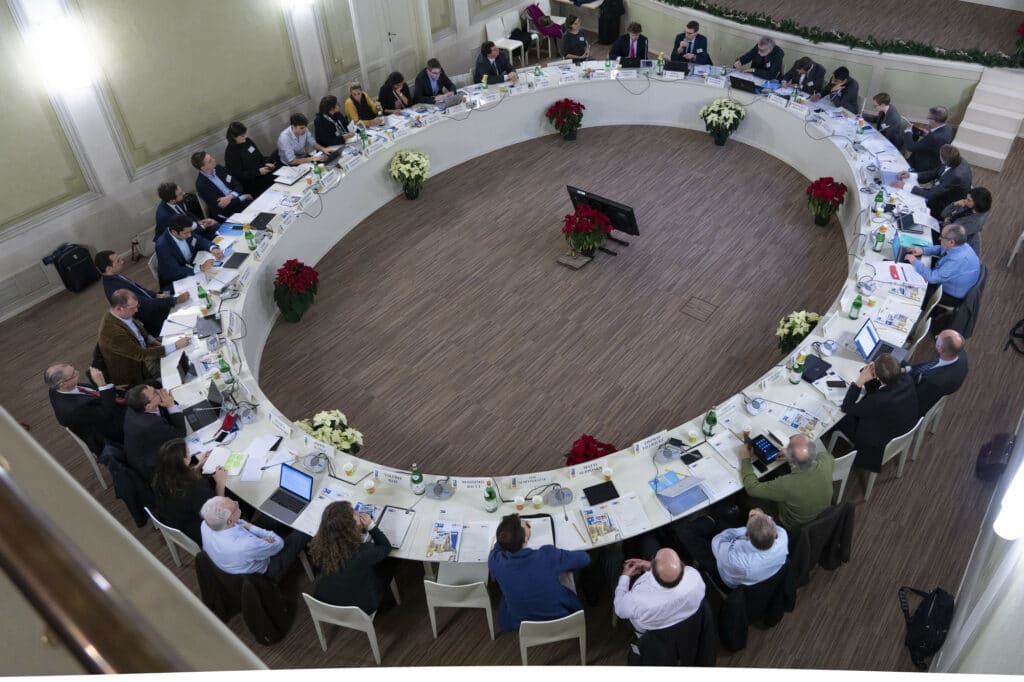Unfiltered remarks from Florence before the Madrid Forum
by Jean-Michel Glachant, Director, Florence School of Regulation
(European University Institute, Florence, Italy)

The current rush towards a greener future directly corresponds to the European willingness to achieve a fully decarbonized market by 2050. Most Member States have already made great efforts to hit the targets, showing specific interest and support for renewables development.
However, the gas sector faces particular challenges ahead. Not only is its infrastructure facing radical changes to support the development of renewables, but it is also currently delivering green gases without remuneration for the system[1] and insurance[2] values that it delivers. Because we need gas operators to continue delivering the values in the future, these two positive externalities should be remunerated.
Contributions made by the gas industry to balance the electricity system cannot be ignored.
In the near future, there is no alternative other than gas to ensure the resilience of the electricity system, especially with the crucial phase-out of oil and coal. The gas industries existing infrastructures will provide the ramp-up and ramp-down needed to react both in a very short time-frame and at a large scale in case of extreme incidents. It is likely that these services will become even more valuable in the near future, with the increasing balancing needs triggered by the development of the renewables.
This might also enable gas operators to accelerate their transition towards a greener market at an earlier stage, through the power-to-gas process and “green-gas-to-power” generation, for example.
By reintroducing these positive externalities into the market, governments and NRAs would signal the holistic view needed for sector coupling and power market integration.
The corresponding regulatory framework could evolve in line with the European Commission’s long-term vision and could bring opportune developments in the sector. Both the short-term flexibility and the long-term stability of our European energy system would benefit from a long-term planning in which all externalities are revealed.
Considering that EU has no alternative to gas as a clean back-up for electricity in the near future, is it not the right time, just before the Madrid Forum, to open our minds to it?
[1] System value comes from the optimization of required investments. Gas storage can cope with large volumes to address peak workload requirements, and lower the cost of transmission by reducing the size of the transmission network.
[2] Insurance value comes from the guarantee of energy delivery. It is an insurance against supply outages and price spikes. LNG terminals provide diversified sources of supply, and a sufficient storage filling ensures security of supply for the whole gas system.







